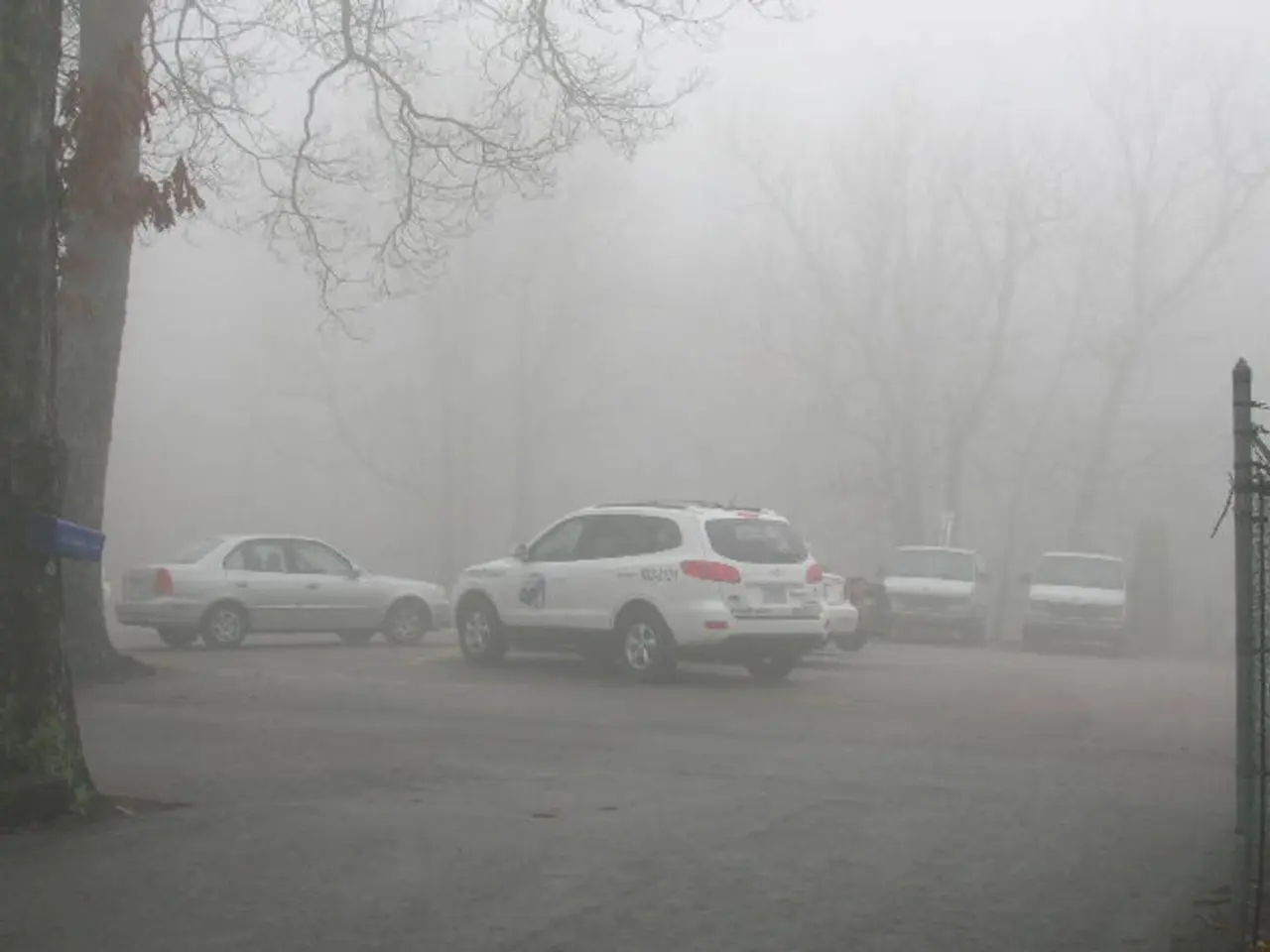Bolivia: Warning the Abyss Stares as State Bankruptcy Looms
Bolivia's President Arce issues grave financial warning, suggesting impending state insolvency. - Bolivian President Issues Financial Collapse Alert for the Nation
In the heart of South America, far-flung Bolivia grapples with a mounting financial precipice. With an external debt of an eye-watering $13.3 billion (€11.6 billion), equivalent to a staggering 37% of its Gross National Income, the World Bank warns of a troubled future for the country.
President Luis Arce, a principled man with a weary glint in his eyes, has been at the helm since 2020. He laments that Bolivia is currently conducting the worst possible business as a country. New loans, that usually act as a balm for old debts, are nowhere to be found.
Despite continuous efforts, Arce's pleas to the parliament for an international loan of $1.6 billion (€1.4 billion) have fallen on deaf ears. By the end of the year, the country will need around $2.3 billion (€2.0 billion) for fuel imports and overdue debt payments. This looming deficit casts a long shadow over Bolivia's financial future.
Bolivia's economic crisis weaves a tangled web of intertwining complications. The sharp claws of inflation, reaching a staggering 18.4% year-on-year, have left it clinging to the past with the tenacity of old age. The Bolivian currency, a hollowed-out husk of its former self, continues to lose value, adding another layer of complication to the already fragile economic structure.
The political landscape mirrors the country's economic state, with Arce's popularity plummeting to a dismal 9% - a low few South American leaders can boast about. Riddled with criticism, he has nevertheless ruled out the option of stepping down from his post. However, he has announced his intention not to seek re-election in the upcoming presidential race in August.
- State Bankruptcy
- Luis Arce
- Bolivia
- Economic Crisis
- World Bank
- La Paz
- AFP
- CAF
- China
The weight of Bolivia's financial turmoil can be felt in the severe foreign currency scarcity, an empty gas tank and dwindling food stores. This is no ordinary economic downturn, but a crisis refracted through a broken system - a cataclysm waiting to be announced.
The uneasy balance teeters on the edge, with the ominous specter of default looming large - a fate that would set off chaos in Bolivia's economic sphere and disastrously impact its international credit. This is a crisis that demands immediate attention, with its repercussions resonating far beyond the borders of the Andean nation.
The roots of Bolivia's economic woes stretch back to its rigid exchange rate system, which ties the boliviano to the US dollar at around 6.9 to 1. This artificial stability, however, has proved unsustainable. The official reserve level hovers at around $2.1 billion - barely enough for two months' worth of imports - while the boliviano trades at nearly three times the official rate on the black market, a stark reflection of the loss of faith in the national currency.
This currency crisis has catalyzed a shortage of essential goods, foodstuffs, and medical supplies, pushing prices higher and disrupting supply chains. The unyielding inflationary pressure has a stranglehold on the nation, making life increasingly unaffordable for the working class and peasant families, and delaying access to healthcare and other basic services.
The looming threat of default hangs heavy over the Bolivian economy, underscoring the urgent need for external financial support. A default would exacerbate the economic instability and sorely damage Bolivia's international credit standing. Coupled with the social unrest sparked by the crisis, the nation stands on the precipice, grappling with forces that threaten to tear it apart.
In brief, Bolivia's economic crisis presents a multi-faceted disaster that risks pushing the country into bankruptcy. The unpleasant cocktail of a dying exchange rate, depleted foreign reserves, rampaging inflation, a burgeoning public debt, and growing deficit heralds a grim future for the Andean nation, where social stability hangs by a thread. These combined factors present a complex set of challenges that the government must navigate with caution and urgency to secure the nation's financial future. [1][2][3][4][5]
Sources:
- US News
- The Guardian
- Reuters
- Bloomberg
- World Bank
- The financial stability of Bolivia is threatened by a looming state bankruptcy, as its public debt continues to escalate, reaching 37% of the Gross National Income.
- President Luis Arce, despite his pleas for international loans, has faced rejection from the parliament, leaving the country in need of $2.3 billion by the end of the year for fuel imports and overdue debt payments.
- The economic crisis in Bolivia is characterized by a sharp inflation rate, a hollowed-out boliviano, and a broken exchange rate system, all factors that contribute to the country's precarious financial situation.






